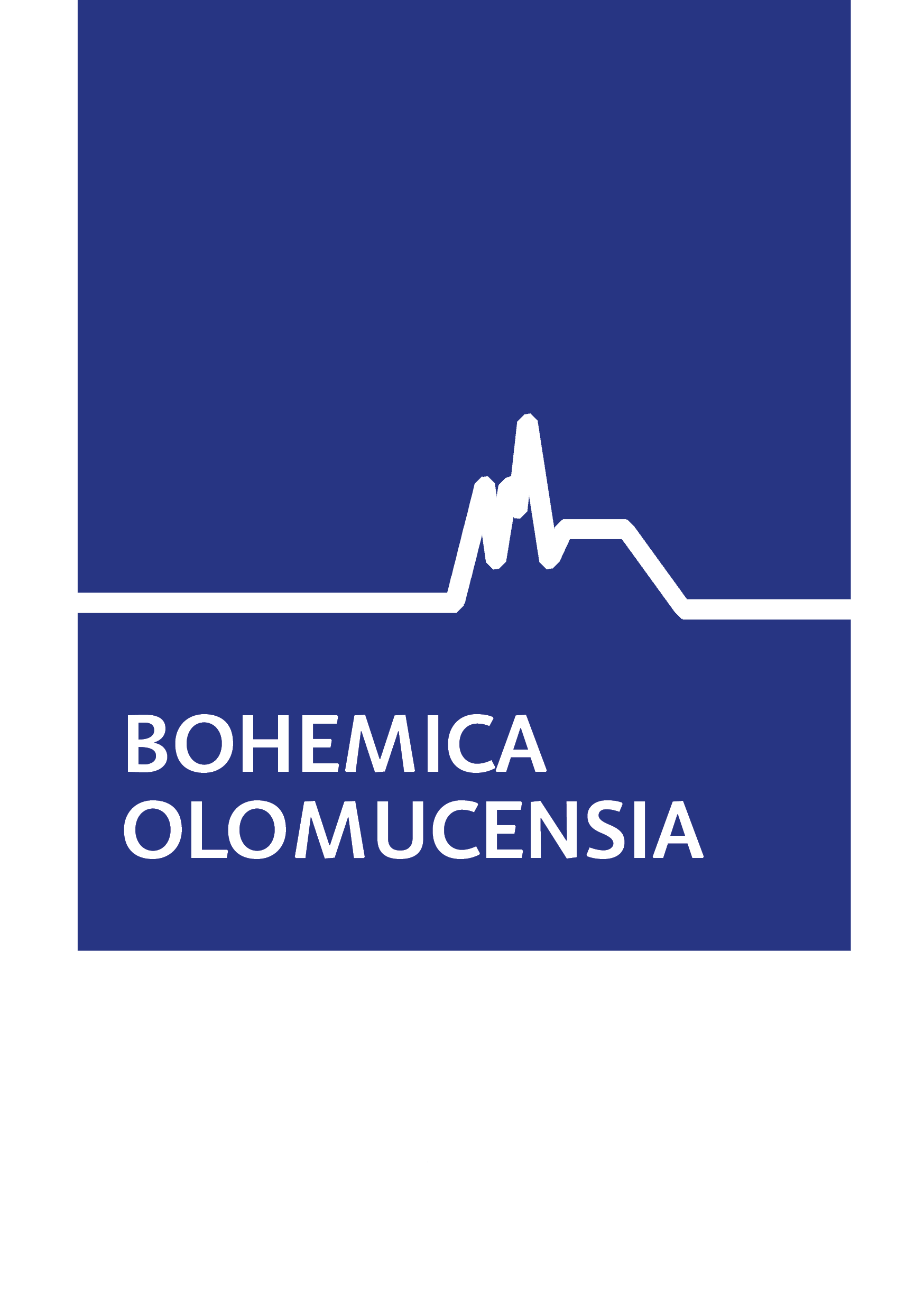Vilikovského román (znova) v postmodernom duchu
Vilikovský’s novel (once more) in a post-modern spirit
Author(s): Igor HochelSubject(s): Language and Literature Studies, Studies of Literature, Theory of Literature
Published by: Univerzita Palackého v Olomouci
Keywords: Slovak post-modern literature; semantic fields; double identity; writer and character; imagined reality; post-modern hope and scepticism; resistance towards the reader
Summary/Abstract: In the introduction, the study discusses why the prose writer Pavel Vilikovský is a key personality of Slovak post-modern literature. Afterwards, attention is turned to his novel Krásna strojvodkyňa, krutá vojvodkyňa [Beautiful Engineer, Cruel Duchess]. Semantic fields of the nouns and adjectives included in the title are explained and connected with the semantics of the novel as a whole. The study observes that the discussed text is a sort of collage comprised of multiple levels or layers. The first part of the text consists of what is essentially a banal story of Ivan whose marriage is going through a crisis, which is why he finds himself a mistress. However, this story remains without a conclusion, which may irritate a hypothetical naive reader. The author’s focus shifts to a writer who – in a manner of speaking – has a double identity. On one hand, there is the identity of a creator with a “noble purpose” and on the other there is the “ordinary citizen” who must face practical matters of everyday life. These two identities are in conflict with each other, and Ivan – the original protagonist of the novel – is involved as well. Vilikovský makes use the bizarre and of the absurd. The key word of the novel is the adjective imagined. The stories are imagined, and the characters are imagined. It is as if reality in and of itself did not exist, but it is only as we imagine. Thus, even what is written cannot be taken entirely seriously. One can see post-modern scepticism in it. Or perhaps hope instead? The novel also considerably resists an intellectual and patient reader who may become confused. However, it can ultimately tell him surprisingly much not only about the nature and futility of writer’s craft, but also about his (own) life, the complexity of interpersonal relationships and the absurdity of both individual and societal existence.
Journal: Bohemica Olomucensia
- Issue Year: 12/2020
- Issue No: 3
- Page Range: 44-53
- Page Count: 10
- Language: Slovak

